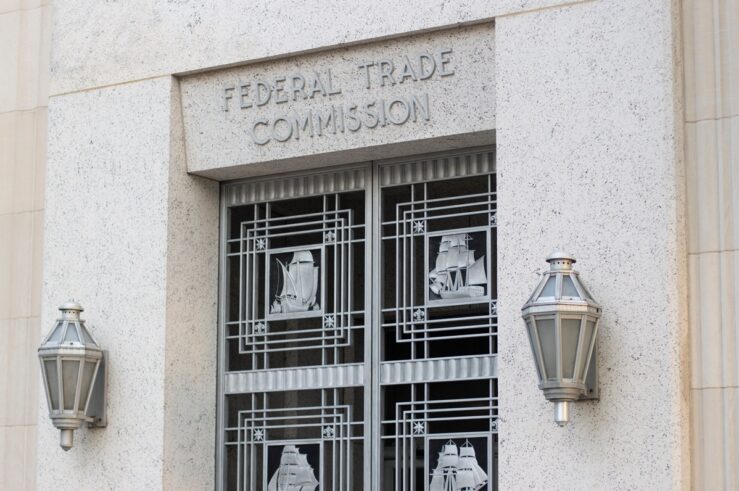On September 15, Tesla won a big victory in Massachusetts. As we have previously chronicled at length on TOTM ( see, e.g., here, here, here, here, here and here), the car dealers are waging a state-by-state ground war to prevent Tesla from bypassing them and distributing directly to consumers. The dealers invoke 1950s-era franchise protection laws that are obsolete given the radical changes in automotive market in the intervening years and, in any event, have nothing to do with a company like Tesla that doesn’t use dealers at all. In Massachusetts State Automobile Dealers Ass’n, Inc. v. Tesla Motors MA, Inc., -2014 WL 4494167, the Supreme Judicial Court held that the dealers lacked standing to challenge Tesla’s direct distribution since the Massachusetts statute was intended to protect dealers from oppression by franchising manufacturers, not from competition by manufacturers who didn’t franchise at all. As we have previously detailed, there is no legitimate pro-consumer reason for prohibiting direct distribution.
What I found most telling about the Court’s decision was its quotation of a passage from the dealers’ brief. As readers may recall, the dealers have previously asserted that prohibiting direct distribution is necessary to break up the manufacturer’s “retail monopoly,” create price competition, and ensure that consumers get lower prices — arguments that are facially ludicrous as a matter of economics. But now listen to what the dealers have to say in Massachusetts:
Unless the defendants are enjoined, they will be allowed to compete unfairly with the dealers as their model of manufacturer owned dealerships with remote service centers will allow Tesla and Tesla MA financial savings which would not be available to Massachusetts dealers who must spend considerably to conform to Massachusetts law. This could cause inequitable pricing which also [could] cause consumer confusion and the inability to fairly consider the various automobiles offered.
Translation: Direct distribution leads to cost savings that are reflected in lower (“inequitable!”) prices to consumers.
Surely right, since a Justice Department study found that direct distribution could save over $2,200 per vehicle. But coming from the car dealers? Who would have thunk it?




